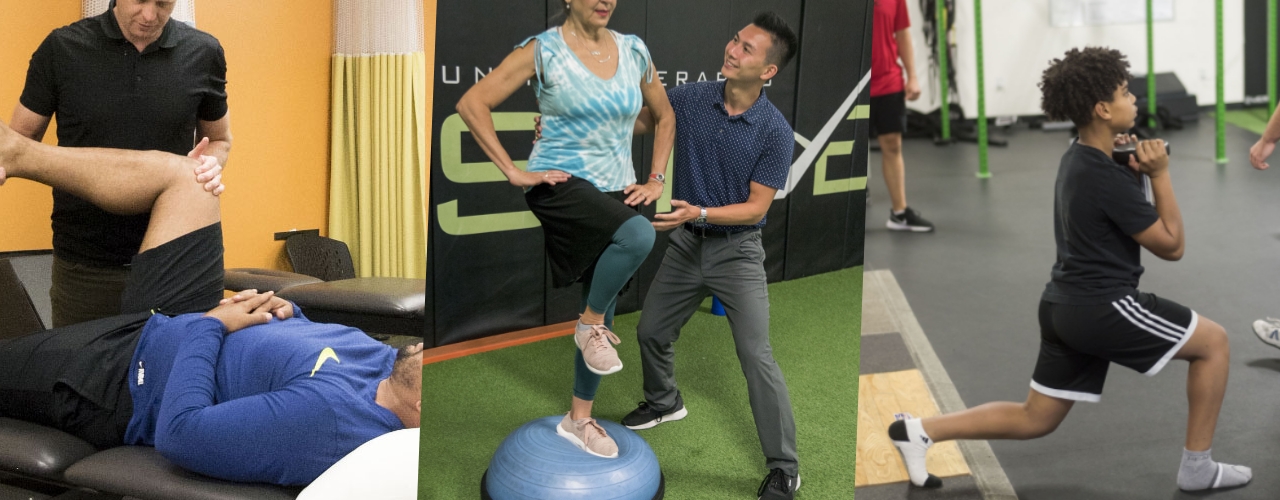Five “Must Haves” for Coaching Effectiveness

by STRIVE Director of Mental Performance Dr. Lindsay Ross-Stewart
Coaching is an incredibly difficult job whether you are volunteering to coach your child’s team, coaching elite youth, or college or professional athletes. We all know coaching is more than simply teaching sport technique. It is about person management, team development, counseling, supporting, and challenging people to be their best in and out of the game. It is often a thankless job with parents, fans, and sometimes your own athletes thinking they could do it better or questioning the choices you make. It is also an incredibly rewarding opportunity that impacts the lives of others and can give them skills that will help them well past their sporting days. For a coach to have a positive influence on their players there are several things to keep in mind including the “Five Musts”

Clear and Concise Coaching Philosophy
There are millions of ways to lead, the question is what is the right way for you? One of the most important things a coach can do, regardless of the age or level of athletes they coach, is to develop a coaching philosophy. A coaching philosophy is your guiding principles and values. A strong coaching philosophy can help you stay focused on your values even when sport starts to feel like it is about winning alone. It can help you make decisions when faced with challenging choices. Coaching without a philosophy opens a coach up to making inconsistent decisions that can lead to becoming exactly who you never wanted to be on the sporting field.
Ability to Build a Team Identity
We all know that a strong team culture is key for sport success, and for character development of your athletes. All teams go through various stages, building a strong identity requires understanding the stages and how to help your team achieve the final stage of optimal performance. There are lots of different ways to think about the stages of team development but one easy one is the Linear Perspective. This model says teams:
- Form (develop and get to know each other),
- Storm (go through conflict with roles, and rules),
- Norm (work through the conflicts and understand the team identity),
- Perform (optimize their performance as a true unit opposed to individuals)
- Adjourn (team breaks up when season ends)
Teams can get stuck in one of these stages if the coaches and players don’t correctly work towards the next stage. Conflict (storming) is normal and necessary for a team to figure out who has what role, but a team needs to work through it with the guidance of a coach who helps them see they are better working together than against each other, if a team is going to get to the norming stage. To truly get to performing a team has to fully buy into the coaches’ philosophy and style and each player needs to put the team’s needs above their own.
Strong Positive Communication Skills
When we hear communication, we often think about what we say to other people. But the truth is this is just one part of the communication process. Our words, body language, and tone all combine to give a message, and our perception, attention, and interest all combine when it comes to how we listen to others. Effective speaking and listening are both requirements for a coach to be their best in practices, and especially on game days. A few things to keep in mind, how you say something is much more important to a listener than what you say, so watch your tone and your body language and make sure they are all aligning to support your desired message. Listening is as if not more important than speaking. Remember when you listen to be focused on what your athletes are experiencing, and how they feel opposed to thinking about how you can defend your own viewpoint. Listen to learn, not to teach!
Ability to Teach Technical Skills
This is probably the easiest on this list. You have to be able to teach the skills, not the way you were taught, or the way you always did it, but the right way based on what we currently know in your sport. If you are coaching youth, try to spend 10 minutes every few days watching videos on effective drills and techniques building from reliable websites. If coaching is your full-time job, it is your responsibility to make sure you are learning from the other coaches on staff, your athletes and others in your field to make sure you are teaching techniques the best way you can for your athletes.
Ability to Treat Athletes as People First
It is easy to get swept up in the wins, whether that is because wins will keep you in your coaching position, or because the parents of your little leaguers are a lot happier after a win, or simply because winning is fun, we often forget sport isn’t actually about winning alone. One of the most important things we can do as a coach is focus on our athletes as people. Remembering that you are engaging with human beings can help you communicate better, keep perspective and be the type of role model that your athletes need, regardless of the situation. This doesn’t mean you shouldn’t care about winning, it just means that if you focus on the people, and doing right by them, the wins will come, and you will have a lot more fun on the way!
For more detailed information on these topics, and for conversations with fellow coaches on how they have dealt with challenges related to these five areas and other parts of coaching, sign up for the Coaches Roundtable starting January 17, 2023.

